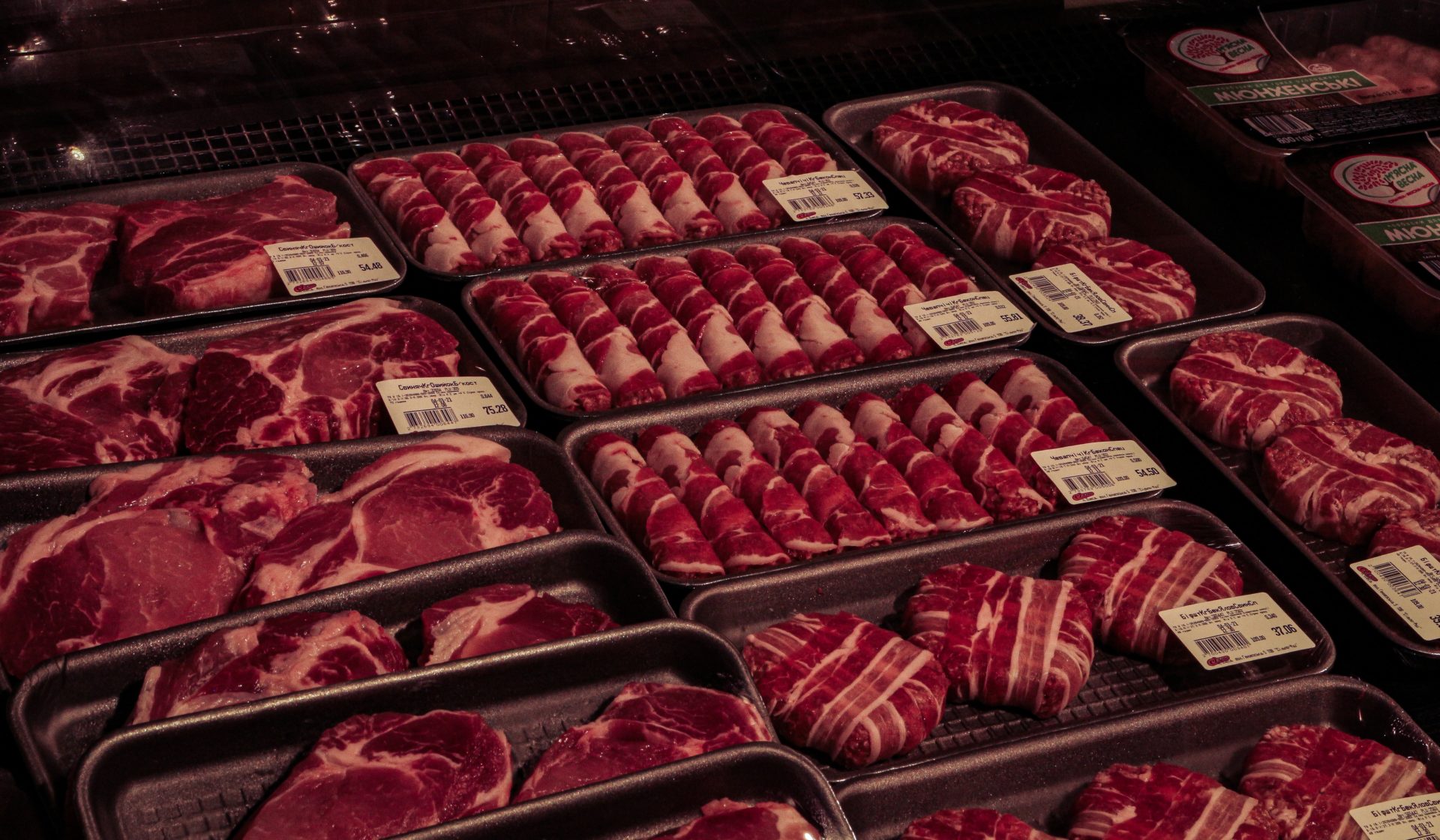Amid concerns regarding the Amazon rainforest’s destruction and in an effort to cut CO2 emissions, Sainsbury’s, Carrefour, and Lidl are among the grocery stores taking action.
At this November’s Cop26 summit, more than 100 world leaders vowed to end deforestation by 2030 – a commitment that governments and private companies backed with $19 billion.
However, given how poorly these strategies have worked in the past, it’s unsurprising that forest loss only continues to rise across the globe, regardless of whatever promises have been made in recent years by some of the worst offenders.
Namely Brazil which, once a poster child for slowing deforestation, is now seeing it soar yet again, under the rule of right-wing president Jair Bolsonaro.
Fortunately, acknowledging that the South American country’s Amazon rainforest is the most powerful natural shield we have protecting us from a climate emergency and that its disappearance would be detrimental for humanity, European supermarkets have boldly decided to step up.

How? By announcing they will stop selling several Brazilian meat products following an investigation that found links between them and the destruction of ecologically important areas such as the Amazon.
Among those taking action include Sainsbury’s, which said it had ‘played an active role in formulating clear asks for the beef industry in Brazil and engaged with meatpackers to achieve better supply chain transparency in the sector’; Carrefour, which said it would ‘increase its surveillance in all its operating countries’; and Lidl, which said it would halt sales of Brazilian beef from January.
The report highlights the issue of ‘cattle laundering,’ whereby animals raised on an illegally deforested plot of land are moved to a farm clear of deforestation to be fattened ahead of being trucked to an abattoir for slaughter and processing.
Approximately a fifth of all beef the EU imports from the world’s number one beef exporter has been sourced this way, with the cattle’s true origin regularly concealed.

At the helm is JBS, which slaughters almost 35,000 cattle a day in Brazil alone to meet demand, demand that’s prompted a 20% increase in beef exports despite findings that the Amazon is now emitting more CO2 than it can absorb.
In response to the investigation, the company stated it had no tolerance for ‘illegal deforestation, forced labour, misuse of indigenous lands, conservation units or violations of environmental embargos,’ and claims to have invested in a new blockchain-enabled system, which would allow monitoring of indirect suppliers and ‘achieve a 100% illegal deforestation-free supply chain by 2025.’
‘This is a watershed moment because several huge supermarkets across Europe are saying an emphatic ‘No!’ to Brazilian beef over deforestation concerns,’ says Nico Muzi, director of NGO Mighty Earth.
‘This is not a vague commitment or a nice announcement that looks good in a press release. These are a series of concrete commercial actions taken by some of the biggest supermarkets in Europe to stop buying and selling beef from a company and a country that have made too many promises and have delivered too few results.’

















